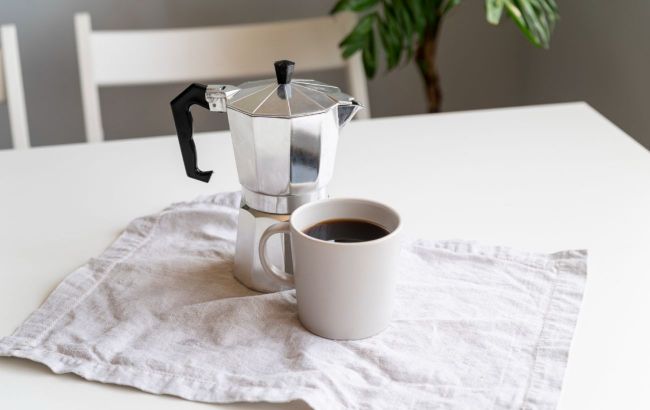Coffee and anxiety: 3 simple ways to enjoy your cup stress-free
 How to prevent coffee from causing anxiety (photo: Freepik)
How to prevent coffee from causing anxiety (photo: Freepik)
For many, coffee is a source of energy, but sometimes it can trigger strong anxiety. Several strategies enable you to enjoy the drink while avoiding unwanted side effects, reports Eating Well.
Why coffee causes anxiety
Caffeine content
According to Frontiersin, caffeine stimulates the nervous system, increasing heart rate, adrenaline levels, and alertness.
While moderate caffeine consumption can boost focus and energy, excessive intake can trigger feelings of anxiety.
An average 237 ml cup of coffee contains about 100 mg of caffeine, although this amount can vary significantly depending on the brewing method.
Blocks relaxation signals
The brain naturally produces a chemical called adenosine, which helps you feel calm and sleepy. As adenosine accumulates during the day, it signals that it is time to rest.
However, caffeine has a molecular structure similar to adenosine, allowing it to block its receptors.
When these receptors are blocked, the brain does not receive the signal to relax. Instead, brain activity speeds up, increasing alertness and tension.
Mimics physical symptoms of anxiety
The journal Progress in Brain Research notes that caffeine can raise heart rate and blood pressure, which can mimic the physical symptoms of anxiety. For someone already prone to anxiety, sensations such as a racing pulse, shallow breathing, or trembling hands can trigger worry.
Because these physical effects so closely resemble real anxiety, the brain may struggle to distinguish the difference.
However, everyone responds to caffeine differently. Some people may experience increased anxiety, while others barely notice any effect.
How to reduce the impact
If you feel anxious when drinking coffee, consider these tips:
- Eat before drinking. An empty stomach allows caffeine to be absorbed more quickly, causing a stronger energy spike. Food can blunt cortisol levels and smooth out blood sugar fluctuations that worsen anxiety
- Timing. Cortisol levels are naturally highest during the first hour after waking. Caffeine can amplify this effect. Try delaying coffee consumption for 60-90 minutes after waking to allow natural stress hormones to normalize
- Reduce the dose. Try a smaller cup or brew a weaker coffee
Managing anxiety often requires a holistic approach that includes diet, lifestyle, and mental health support. In addition to adjusting coffee habits, it is worth:
- Eating a balanced diet. Focus on whole foods such as fruits, vegetables, proteins, healthy fats, and complex carbohydrates
- Prioritizing sleep. Lack of quality sleep can worsen anxiety. Aim for 7-9 hours of restful sleep per night
- Engaging in regular physical activity is a powerful tool for managing stress and anxiety
Earlier, we advised on how to save money on coffee without giving up your favorite taste.
This material is for informational purposes only and should not be used for medical diagnosis or self-treatment. Our goal is to provide readers with accurate information about symptoms, causes, and methods of detecting diseases. RBС-Ukraine is not responsible for any diagnoses that readers may make based on materials from the resource. We do not recommend self-treatment and advise consulting a doctor in case of any health concerns.

